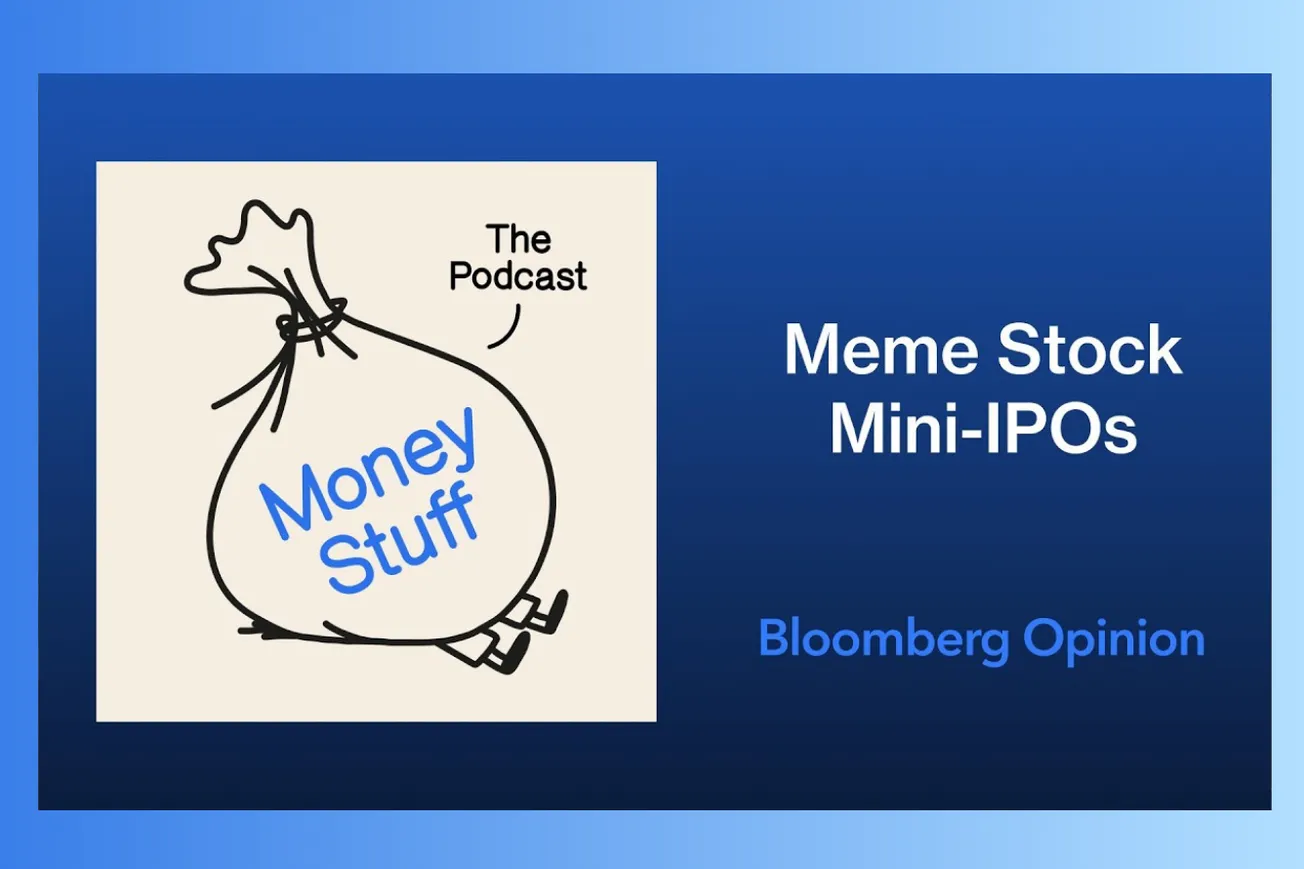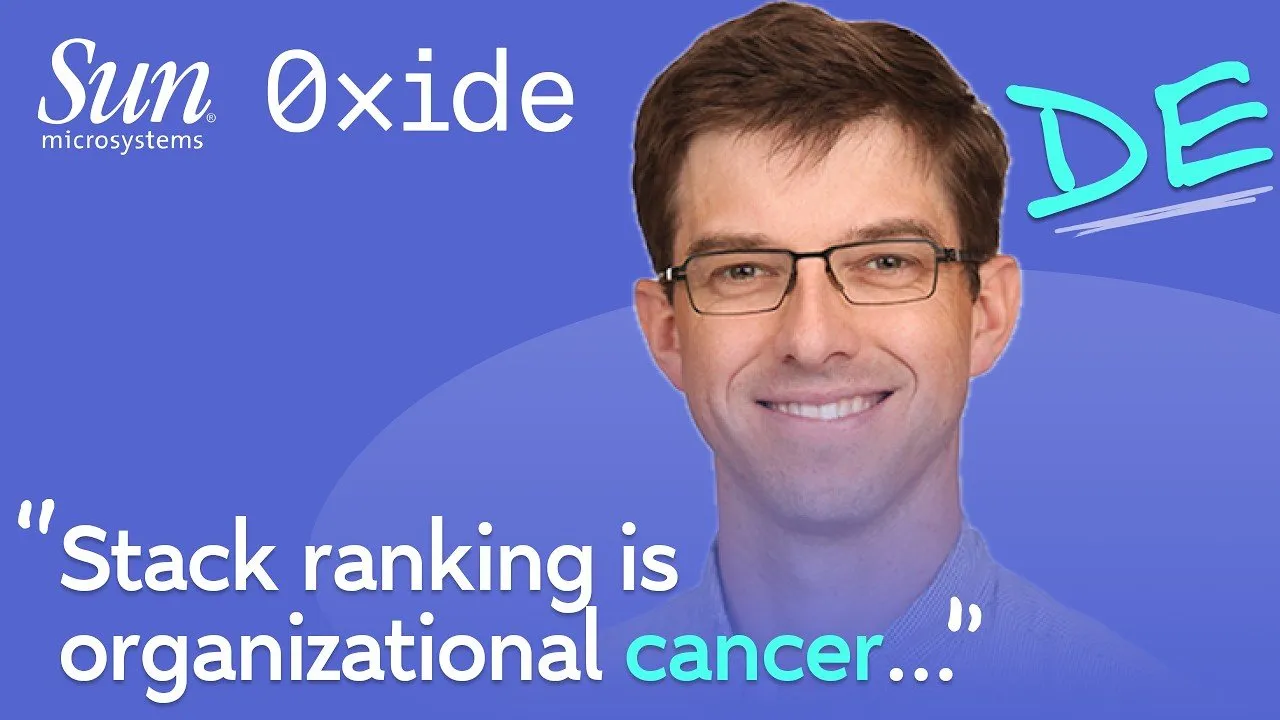Table of Contents
Newsmax's $30 billion meme stock debut and Circle's stablecoin IPO reveal how unconventional business models can generate massive valuations in today's markets.
A Maryland substitute teacher accidentally received $7 million and returned it after 50 days, highlighting the legal and ethical complexities of mistaken payments.
Key Takeaways
- Newsmax briefly reached $30 billion market cap through meme stock phenomenon, exceeding Fox News valuation despite $72 million losses on $170 million revenue
- Circle's stablecoin business generates $156 million net income by investing customer deposits in T-bills while paying 0% interest to users
- Elon Musk's X/XAI merger represents $45 billion deal that's really just corporate reorganization of companies he already owns
- Small investment banks like Digital Offering LLC capitalize on meme stock IPOs that institutional investors won't touch at inflated valuations
- Stablecoin issuers operate money market fund businesses with additional technological complexity and cryptocurrency distribution advantages
- Corporate mergers between related companies avoid traditional valuation scrutiny when the same person controls both entities
- Accidental overpayments create "finders keepers" legal situations where recipients can potentially keep money if not reclaimed within statute of limitations
- Regulation A+ offerings enable smaller IPOs with different investor bases than traditional institutional roadshows
- Interest rate environment determines profitability of stablecoin business model that stumbled into success during rate increases
Timeline Overview
- 00:00–15:30 — Newsmax Meme Stock Phenomenon: Conservative news network's $30 billion peak valuation through Regulation A+ IPO and retail investor enthusiasm
- 15:30–28:45 — Digital Offering LLC Success: Small California investment bank capitalizes on meme stock market that institutional investors avoid
- 28:45–42:20 — Circle Stablecoin Business Model: How cryptocurrency company generates profits from interest rate arbitrage without paying depositors
- 42:20–55:15 — X/XAI Corporate Reshuffling: Elon Musk's $45 billion merger of companies he controls and the business logic of combining data and AI
- 55:15–1:08:30 — Tesla Acquisition Speculation: Potential for portfolio company cross-subsidization and antitrust considerations for private holdings
- 1:08:30–End — Substitute Teacher Windfall: Maryland educator's $7 million mistaken payment and legal strategies for keeping found money
The Meme Stock Industrial Complex
Newsmax's brief $30 billion valuation demonstrates how retail-driven markets can generate valuations that institutional investors would never support.
- Conservative news network reached market cap exceeding Fox News despite losing $72 million on $170 million revenue
- Thomas Peterffy, Interactive Brokers founder and major shareholder, expressed being "stunned by the price" and acknowledged overvaluation
- Digital Offering LLC, a 10-employee California investment bank, executed the IPO as Regulation A+ offering limited to $75 million in proceeds
- Meme stock phenomenon creates bifurcated market where institutional and retail investors operate with completely different valuation frameworks
- CEO Chris Ruddy promoted the IPO on cable television, demonstrating direct-to-retail marketing approach bypassing traditional institutional roadshows
- Stock has since declined from peak but represents broader pattern of politically-themed investment vehicles attracting passionate retail support
The success highlights how certain market segments can sustain valuations detached from traditional financial metrics when supported by dedicated retail communities.
Stablecoin: The Ultimate Arbitrage
Circle's IPO filing reveals how stablecoin issuers operate essentially as money market funds with cryptocurrency distribution, generating profits through interest rate arbitrage.
- Circle earned $156 million net income on $1.68 billion revenue by investing customer deposits in Treasury bills while paying 0% to users
- Business model involves taking tens of billions in customer deposits and investing 85% in T-bills through BlackRock money market funds
- Company earns approximately 4% interest on massive deposit base while providing no interest to stablecoin holders
- High margins get eroded by customer acquisition costs, including payments to platforms like Coinbase and Binance for distribution partnerships
- Business model only works well during high interest rate environments, having stumbled into profitability after low-rate origins
- Securities law prevents paying interest directly on stablecoins without triggering money market fund regulations
The model demonstrates how regulatory arbitrage and interest rate environments can create enormously profitable business opportunities.
The Great Stablecoin Interest Giveaway
Current stablecoin structure represents massive wealth transfer from users to issuers that market forces will likely correct over time.
- Customers accept 0% returns on stablecoin holdings despite 4%+ risk-free rates available in money market accounts
- Historical development during low-rate environment normalized zero-yield expectation that persists in high-rate environment
- Competitive pressure will eventually force stablecoin issuers to share interest with customers or lose market share
- Circle acknowledges trend toward interest-bearing stablecoins through registered money market funds trading on blockchain
- Franklin Templeton launched tokenized money market fund in 2019, with BlackRock and others following suit
- Ultimate outcome likely involves customers receiving most of the interest currently captured by stablecoin issuers
The current business model represents temporary arbitrage opportunity rather than sustainable long-term competitive advantage.
Musk's Corporate Shell Game
The X/XAI merger represents corporate reorganization disguised as major M&A transaction, with business logic supporting integration of data collection and AI model training.
- $45 billion transaction ranks among year's largest deals despite being reorganization of companies controlled by same person
- XAI acquisition of X creates unified platform for collecting Twitter data, training AI models, and distributing results back through social network
- Merger eliminates artificial separation between data source (Twitter) and AI development (XAI) that were increasingly operating as integrated business
- Employee incentive structure benefits from unified company where Twitter and AI teams work toward shared objectives rather than separate goals
- Grok AI model gains distribution advantage through X platform integration, competing with ChatGPT's consumer subscription model
- Transaction valuation becomes irrelevant when same person controls both entities and minority shareholders lack meaningful voice
The restructuring reflects practical business logic rather than financial engineering or external market pressures.
The Tesla Acquisition Fantasy
Speculation about Tesla acquiring XAI highlights differences between private company flexibility and public company shareholder scrutiny.
- Tesla's public company status creates meaningful constraints on related-party transactions that don't exist for private holdings
- New York pension funds and other institutional investors actively monitor Tesla for conflicts rather than supporting all Musk decisions
- Tesla controller faces lawsuits over Doge government role creating conflicts with electric vehicle business interests
- Anti-EV political positioning may alienate traditional Tesla customer base of environmentally-conscious consumers
- Public company acquisition would face extensive litigation and regulatory scrutiny unlike private company reorganizations
- Portfolio approach works better with private companies where investors specifically back founder's judgment across multiple ventures
Public market accountability creates meaningful constraints on related-party transactions that private markets generally don't impose.
The $7 Million Question
Maryland substitute teacher's accidental windfall illustrates legal and practical considerations around mistaken payments and "finders keepers" scenarios.
- Teacher received $7 million due to data entry error (ID number entered in hours field) and returned money after 50 days
- Reasonable strategies include earning interest on deposits while waiting for reclaim request or purchasing insurance against recovery demands
- Money market funds could generate $30,000-50,000 interest over 50-day period at current rates
- Alternative approach involves selling insurance to trading firms betting on whether payment will be reclaimed
- Legal concept of "laches" provides statute of limitations protection, reportedly six years in some jurisdictions
- One reader successfully waited out six-year period on mistaken bank bonus before throwing "claims lapsed" party
The scenario demonstrates how legal technicalities can sometimes favor recipients of mistaken payments willing to wait out recovery timeframes.
Finders Keepers Law
Accidental payment scenarios create genuine legal gray areas where recipients may have rights to retain money under certain circumstances.
- Citigroup's $900 million accidental payment to hedge funds resulted in litigation over whether recipients could keep money
- "Finders keepers lawyers" specialize in advising clients on retention rights for mistaken payments
- Statute of limitations varies by jurisdiction but can provide protection after specified waiting periods
- Recipients face decision between immediate return (ethical but costly) versus waiting out legal timeframes (risky but potentially profitable)
- Insurance markets could theoretically develop around probability of payment recovery demands
- Large corporations face different recovery expectations than individual recipients of mistaken payments
Legal precedents suggest recipients of mistaken payments have more rights than commonly understood, particularly for institutional mistakes.
Common Questions
Q: How can Newsmax be worth more than Fox News with massive losses?
A: Meme stock phenomenon creates retail-driven valuations detached from institutional investment criteria based on financial fundamentals.
Q: Why don't stablecoin users earn interest on their deposits?
A: Historical development during low-rate environment plus securities law complications, but competitive pressure will likely change this.
Q: Is Musk's X/XAI merger actually significant?
A: It's corporate reorganization of commonly-controlled companies rather than meaningful M&A transaction, though business integration makes sense.
Q: What should someone do if accidentally paid millions?
A: Consult "finders keepers" lawyers about retention rights while earning interest during potential recovery timeframes.
Q: Will Circle's stablecoin profits last?
A: Business model depends on interest rate environment and competitive dynamics that will likely force sharing returns with customers.
The episode illustrates recurring themes in modern finance: retail markets operating with different logic than institutional investors, regulatory arbitrage creating temporary profit opportunities, and corporate structures enabling creative reorganization of related businesses. Newsmax's meme stock success and Circle's stablecoin profits both represent business models that work despite fundamental disconnects from traditional valuation or customer value creation.
The substitute teacher's accidental windfall provides concrete example of how legal technicalities can create unexpected wealth preservation opportunities for individuals willing to navigate complex recovery timeframes. While most people would immediately return obvious mistakes, legal precedents suggest recipients have more rights than commonly assumed.
Musk's corporate reorganization demonstrates advantages of private company ownership where minority investors provide capital without meaningful governance rights. The same transactions would face extensive scrutiny and litigation if attempted with public companies subject to shareholder protection requirements.
These stories collectively show how market inefficiencies, regulatory gaps, and legal technicalities create opportunities for wealth creation through non-traditional business models and strategies.
Practical Implications
- For retail investors: Understand meme stock valuations reflect community enthusiasm rather than fundamental analysis
- For cryptocurrency users: Consider whether 0% stablecoin returns make sense when risk-free alternatives pay 4%+ interest
- For corporate strategists: Recognize advantages of private company structures for related-party transactions and reorganizations
- For legal practitioners: Develop expertise in mistaken payment recovery laws and statute of limitations protections
- For institutional investors: Monitor public company executives for conflicts between business interests and political activities
- For financial technology companies: Prepare for competitive pressure forcing interest sharing with cryptocurrency depositors
- For investment bankers: Consider opportunities in underserved market segments that major firms won't touch
- For business owners: Understand how interest rate environments can dramatically impact business model profitability
- For anyone receiving mistaken payments: Consult legal counsel about retention rights before immediately returning funds





